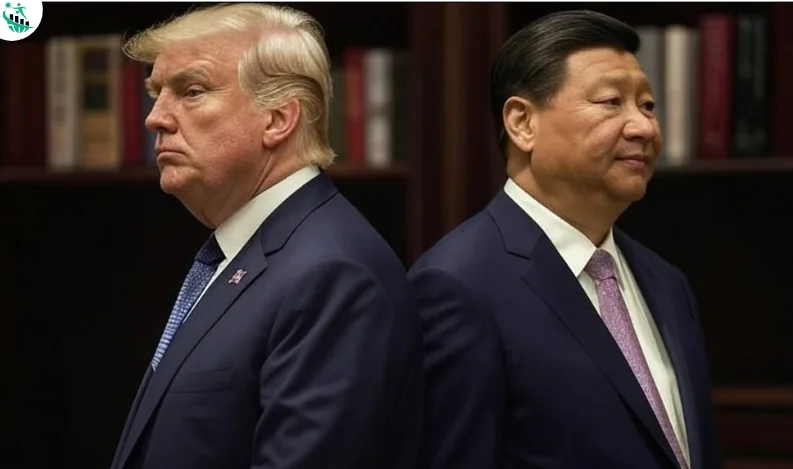
U.S. Lifts Chip Software Export Curbs on China in Trade Truce Signal
In a notable shift in U.S.-China tech relations, the Biden administration has rescinded its export restrictions on chip-design software to China, allowing major semiconductor software makers Synopsys and Cadence to resume services for Chinese customers.
The announcement comes just weeks after the U.S. government had notified electronic design automation (EDA) companies that they would need to secure export licenses to send software, chemicals, and other semiconductor-related products to China. The policy, implemented on May 23, had disrupted operations for several leading EDA providers.
California-based Synopsys confirmed it is "working to restore access to the recently restricted products in China," while rival Cadence told CNBC that it is already restoring software and technology access to affected clients “in compliance with U.S. export laws.”
The U.S. Bureau of Industry and Security, which oversees such export controls, has not issued a public statement on the reversal. However, insiders believe the move reflects a broader shift in trade dynamics following recent diplomatic signals from Beijing. Just last week, China indicated progress in trade truce talks with Washington and agreed to conditionally resume exchanges involving rare earths and advanced technology.
Germany's Siemens EDA, another major player in the EDA space through its American subsidiary, is also reportedly resuming business in China following the policy rollback.
Synopsys, Cadence, and Siemens EDA dominate the global EDA market with 2024 shares of 31%, 30%, and 13% respectively, according to TrendForce. These firms provide critical software and services essential to designing chips used across electronics, computing, and telecommunications industries.
The decision to lift restrictions may offer temporary relief in a sector fraught with geopolitical tension, though long-term stability remains uncertain. As the global chip race continues, this move could pave the way for further negotiations between Washington and Beijing.



Recent Comments:
No comments yet.